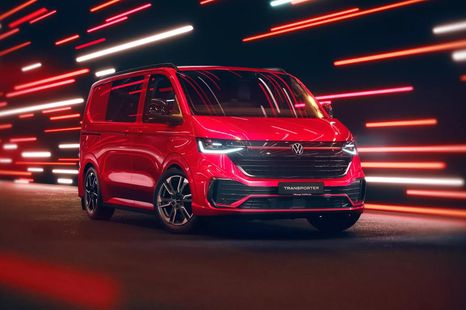

Derek Fung
Volkswagen Transporter given GTI styling treatment
4 Hours Ago
A court in China has found Tesla not responsible for a fatal crash that occurred in the city of Chaozhou last year.
Shanghai Securities News reports (via Bloomberg) that a crash that killed two people and injured three others in November last year wasn’t caused by a defective Tesla Model Y.
The electric car manufacturer had reportedly sued the driver of the vehicle – a social media influencer – after it was claimed that a defect in the Model Y caused the vehicle to uncontrollably accelerate and crash.
Shanghai Securities News cited a court document that reveals a forensic investigation found no faults with the steering or braking systems on the vehicle.
The influencer, who reportedly has an account on the Chinese version of TikTok (Douyin), was ordered to pay Tesla ¥30,000 (A$6300) in compensation for reputational damage, and must issue a public apology on his account.
The Model Y reportedly accelerated to speeds of 164km/h over a 2.6-kilometre stretch. The owner said he couldn’t get the car to slow down after it had reached such speeds, with the car only being stopped after crashing into buildings, parked cars and four pedestrians.
The Chinese court ruling comes after a jury recently found a Tesla didn’t cause a fatal crash in 2019 in the US state of California.
In that case, the plaintiffs alleged the crash – which killed the driver, Micah Lee, and seriously injured two passengers – was the result of a defect with Tesla’s Autopilot system.
Mr Lee’s Tesla Model 3 was alleged to have suddenly veered off a highway in Los Angeles while travelling 65mph (104km/h), striking a palm tree and bursting into flames, all in a span of a few seconds.
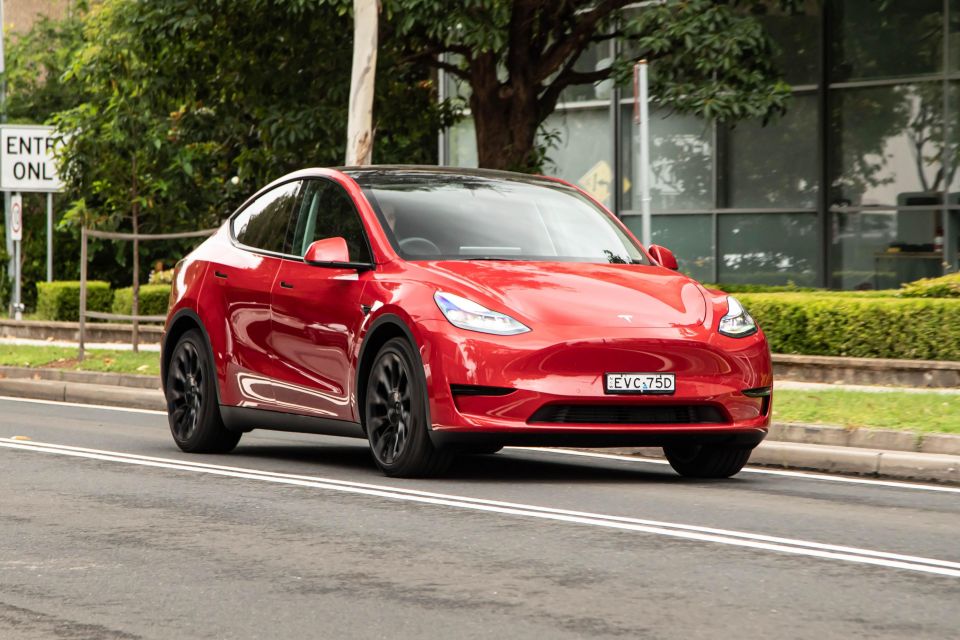
Tesla denied liability and claimed Mr Lee consumed alcohol before getting behind the wheel of the Model 3.
According to Electrek, Mr Lee’s blood alcohol level was 0.05. For reference, in California the legal blood alcohol limit is 0.08.
Tesla also alleged it was unclear if Autopilot was engaged at the time of the incident, though one of the survivors alleged it was.
The carmaker also argued that although the system suggests it’s autonomous, “when something goes wrong on the road, the ultimate responsibility rests with drivers”.
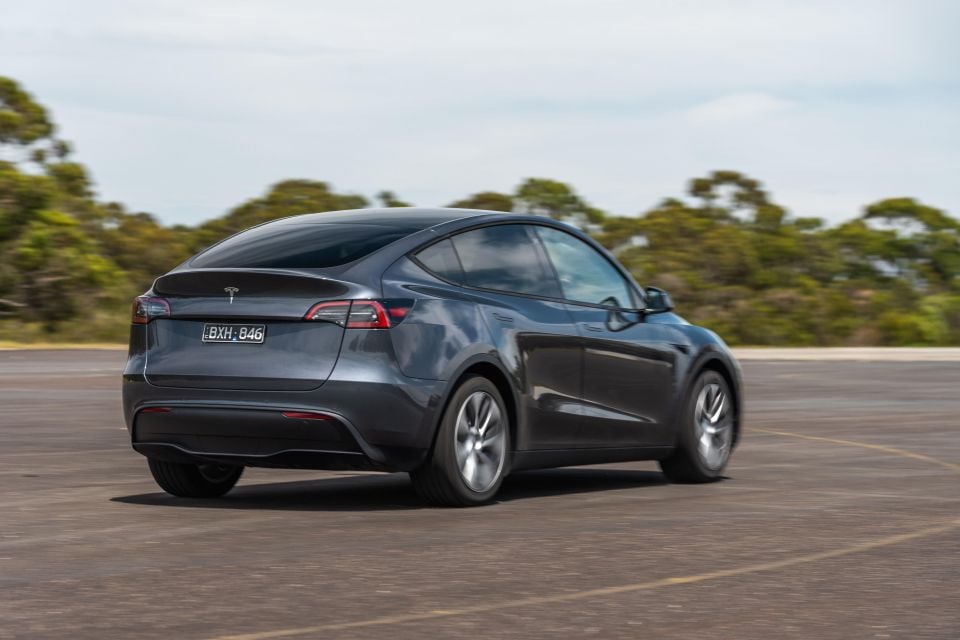
Reuters reports during the trial, the plaintiffs’ lawyers showed jurors an internal safety analysis Tesla released in 2017. The internal memo identified “incorrect steering command” as a defect, which involved an “excessive” steering wheel angle.
Tesla’s lawyers rebutted the memo, claiming it didn’t identify a defect but instead was intended to offer the company a theoretical issue with the vehicle.
In Australia, relying on self-driving systems such as Tesla’s Autopilot to drive your vehicle is illegal, although features like this can be used to assist the driver provided they stay in control at all times.
Australian regulators have committed to having rules for driverless cars in place by 2026 with federal legislation governing autonomous cars and a new safety regulator both on the cards.
Go deeper on the cars in our Showroom, compare your options, or see what a great deal looks like with help from our New Car Specialists.


Derek Fung
4 Hours Ago
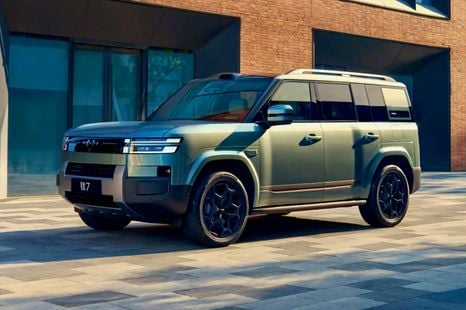

Ben Zachariah
10 Hours Ago
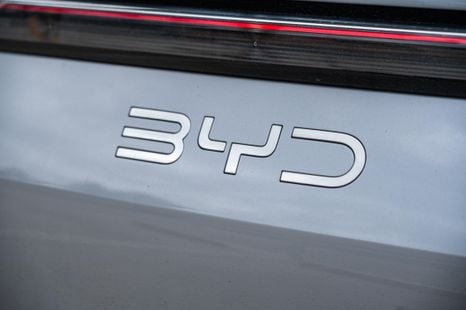

Ben Zachariah
10 Hours Ago
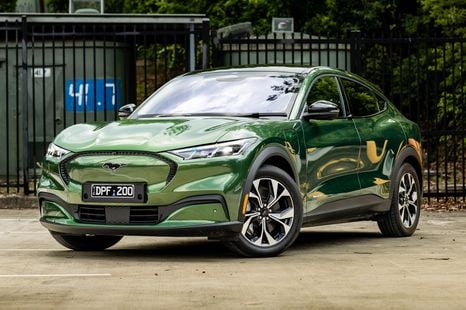

Matt Campbell
10 Hours Ago
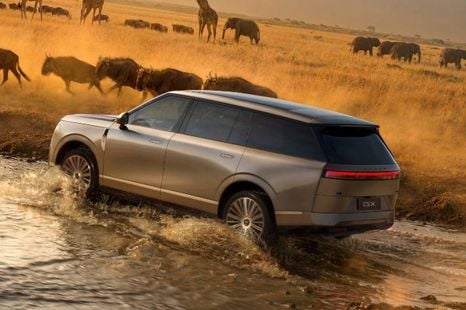

William Stopford
17 Hours Ago
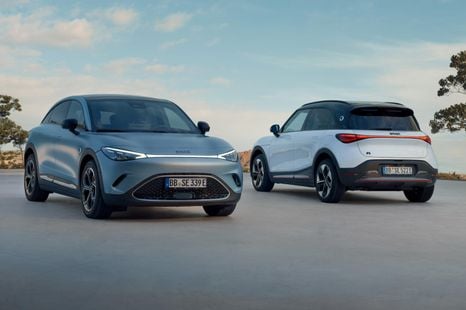

Damion Smy
19 Hours Ago